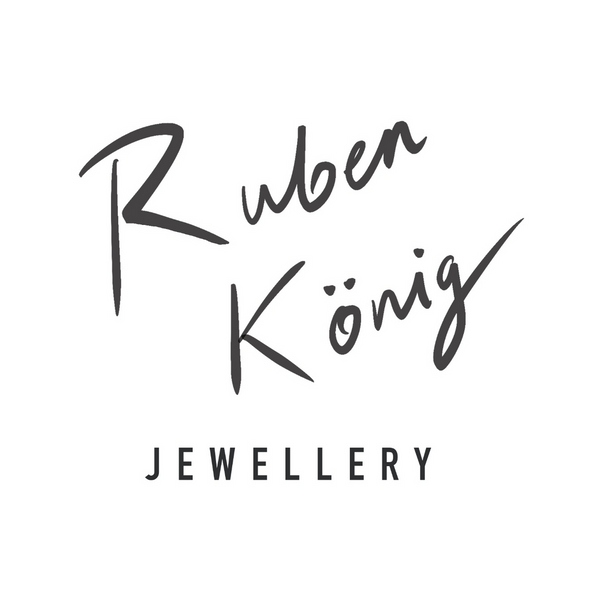Wedding Bands
Information on wedding bands
Wedding bands come in many profiles, the jargon can be confusing, prices can vary a lot, platings can tarnish etc. This guide should help answer some of your questions around this subject. At the bottom of this page you will find my profiles, this is not an exhaustive list as we can make to most specifications.
With wedding bands my usual lead time is 3-5 weeks. My metals are not plated, some highstreet jewellers typically plate their White Gold with a layer of Rhodium. This is usually to mask an alloy colour underneath that is not so desirable.
It is also worth noting that all my wedding bands as standard have a 1.7mm wall thickness (medium) this is how deep the ring is. I also make a heavier 2.1mm wall, upon request. When shopping around, please be careful of items that seem 'too good to be true" many other cheaper examples will have a much thinner wall thickness to keep the price down, this means that they are thin and liable to bending. These wedding bands are manufactured to last.
All our new manufacture wedding bands are produced in an 'Extruded' method, this means that they are manufactured without a seam or sizing join. The metal is at its absolute best work hardened state.
Metals Overview
The colour of 18ct White can be quite grey compared to the whiter colour of say Platinum or Palladium. The 9ct White Gold tends to be a slightly yellow/creamy colour. Palladium is an excellent choice for wedding bands as it is a similar white to Platinum. Platinum is also 95% pure and a beautiful colour. It is nearly twice as heavy as a like for like band in Palladium. (Palladium has a Specific Gravity of 12.02, and Platinum is 21.45. This means that if you had the same volume of water as Platinum, the Platinum would weigh 21.45 times more.)
9ct Yellow gold and 9ct Rose gold are very hard wearing, this is because they only contain a small amount of gold (37.5%), the rest is harder wearing alloy metal (copper for rose gold). With 9ct White gold, this is alloyed with a high quantity of Silver, it is therefore my opinion that 9ct White Gold is not an ideal choice for an everyday ring. 18ct Gold (yellow, white or rose) all contain 75% Gold and the rest is alloyed metal, this means you get a richer Gold colour in Yellow, a softer Rose colour and a very Greyish White in 18ct White Gold (due to the high Palladium alloy content).
Click here to see our Wedding Bands

